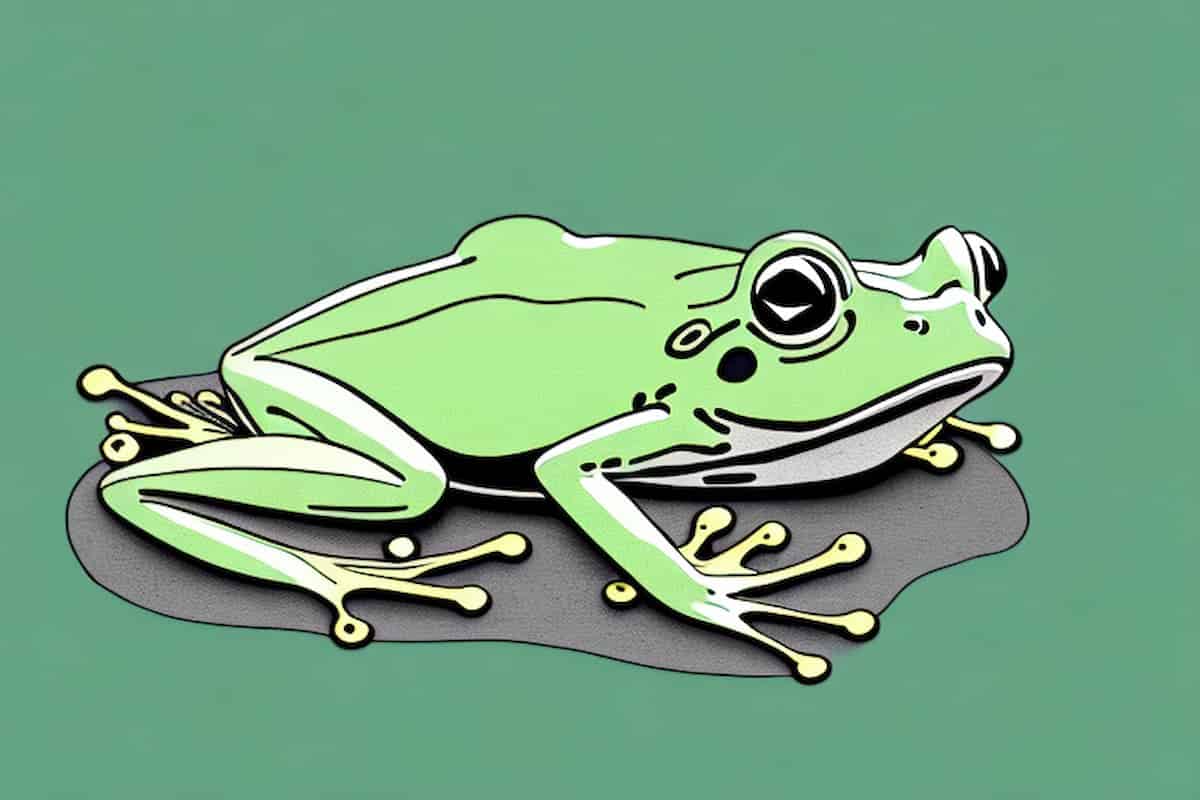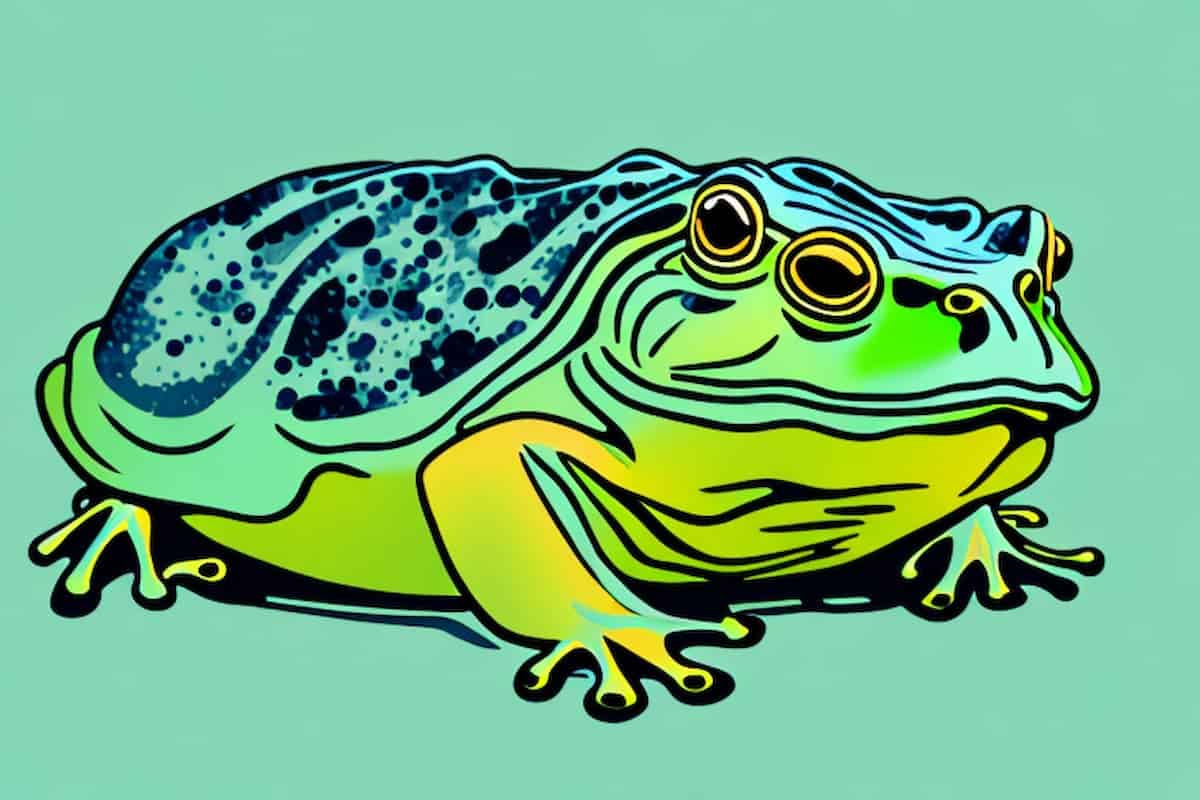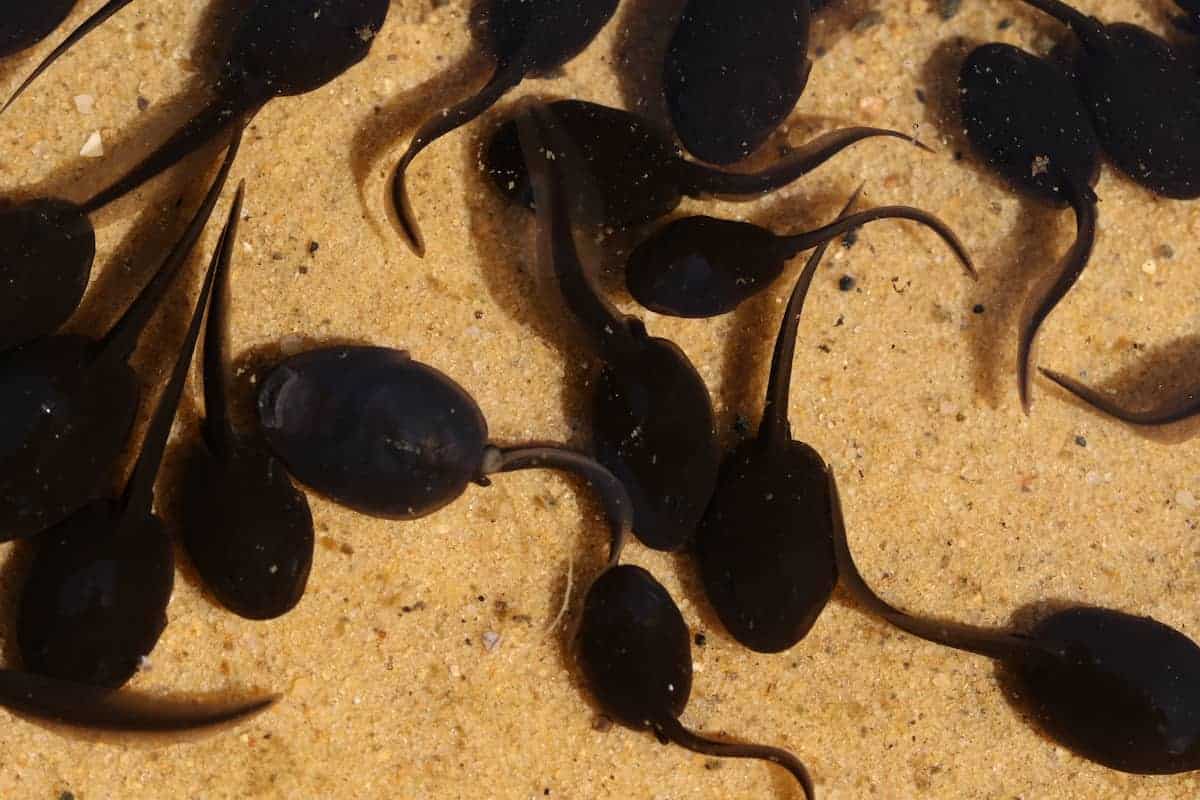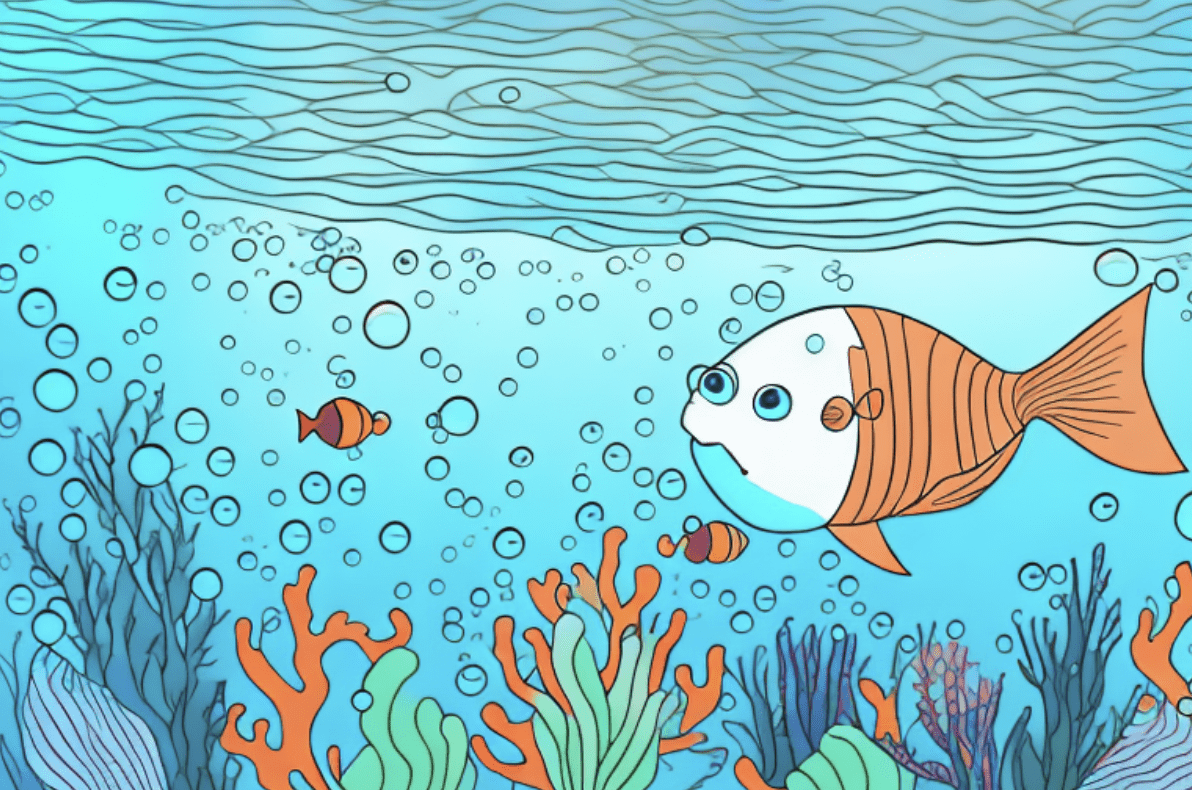Frogs, the familiar and beloved amphibians found in backyards, ponds, and forests around the world, are known for their variety of colors and sounds. But what about their sleeping habits? Do frogs sleep like humans and other animals? And if so, how much sleep do frogs typically get? In this article, we’ll explore what we know about frogs and sleep and examine the role of sleep in frog metabolism.
What Do We Know About Frogs and Sleep?
It’s well-known that most animals need some sleep to stay healthy and function normally, but what about frogs? Due to their small size, frogs have been studied less than larger animals, making knowledge of frog sleeping habits somewhat scarce. However, researchers have begun to uncover detailed information about frogs and their sleeping habits.
In 2019, a research team at the University of California, Berkeley studied the sleep patterns of a species of tree frogs in the lab and in their natural habitat. They found that while frogs do sleep, they don’t do it in the same way other animals do. For example, frogs don’t enter a deep REM sleep like humans do. Instead, they remain partly alert and ready to respond to potential threats or predators.
In terms of total time spent asleep, frogs appeared to get between 5-10 hours of rest per day. This number may be higher or lower depending on their environment, with temperatures and light levels playing a role in the amount of sleep they get.
Interestingly, frogs also have the ability to enter a state of torpor, which is similar to hibernation in other animals. During this state, frogs can reduce their metabolic rate and body temperature, allowing them to conserve energy and survive in harsh conditions. This is an adaptation that helps frogs survive in areas with extreme temperatures or limited food sources.
How Much Sleep Do Frogs Get?
As stated earlier, frogs typically get between 5-10 hours of sleep per day. However, some species may experience more or less sleep in different environments. For example, cooler temperatures can often lead to longer sleep times.
Frogs also experience two distinct types of sleep. A type of shallow “resting” sleep has been observed in tree frogs studied in the lab. During this type of sleep, frogs enter a relaxed state but remain alert and responsive to external stimuli. The other type of sleep is a more deep “downtime” that is characterized by muscle relaxation and slower reaction times.
In addition, frogs may also experience periods of inactivity during the day, which is known as torpor. This is a state of reduced activity and metabolism, which helps frogs conserve energy. Torpor can last for several hours and is often seen in colder climates.
What Are the Different Types of Sleep Frogs Experience?
As mentioned before, frogs experience two distinct types of sleep. The first type is a type of light resting sleep, where the frog remains in a relaxed state but is still responsive to stimuli in its environment. During this type of sleep, brain wave activity is similar to that of humans in a light sleep.
The second type of sleep is a deep downtime sleep. This type of sleep is characterized by slower brainwave activity and lower levels of responsiveness to external stimuli. This type is more similar to our own deep sleep state.
Frogs also experience a third type of sleep, known as REM sleep. During this type of sleep, the frog’s brain activity is similar to that of humans in a dream state. This type of sleep is important for the frog’s overall health and wellbeing, as it helps to restore energy and regulate the frog’s body temperature.
Investigating the Role of Sleep in Frog Metabolism
The exact role of sleep in frog metabolism is not completely understood at this time. However, researchers believe that it has an important role in allowing adequate rest for frogs and allowing them to conserve energy. Studies have shown that sleep deprivation can affect a frog’s activity level and metabolic rate.
In addition, research has suggested that sleep may play a role in regulating the frog’s body temperature. Frogs are ectothermic, meaning that they rely on external sources of heat to regulate their body temperature. It is believed that sleep helps frogs to conserve energy by reducing their need to seek out external sources of heat.
Examining Behavioral Patterns of Frogs During Sleep
In their natural habitat, researchers have observed a number of different behaviors exhibited by frogs during sleep. These include periods of increasing and decreasing body movement before settling into a deeper restful state. Additionally, frogs will often close their eyes (or nictitating membranes) while they rest.
The Effects of Light and Temperature on Frog Sleeping Habits
As with many animals, light levels and temperature can have a significant impact on frog sleeping habits. In general, frogs tend to sleep longer when temperatures are cooler and when there is less light. Conversely, during warmer temperatures and brighter conditions, frog sleeping habits become more active.
Why Do Frogs Need to Sleep?
In addition to providing a much needed rest period for frogs allowing them to conserve energy, it appears that sleep helps frogs with learning and memory tasks. Studies on zebrafish have suggested that sleep plays an important role in memory formation, and researchers believe that the same may be true for frogs.
How Does Lack of Sleep Affect Frogs?
As with humans and other animals, lack of adequate sleep can have major effects on frog behavior and health. Studies have shown that frogs can experience impaired learning if they don’t get enough rest period. Additionally, studies have suggested that long-term deprivation of sleep can cause an increase in anxiety-related behaviors as well as impairments in coordination.
Conclusions: Understanding the Importance of Good Sleep for Frogs
In conclusion, it’s clear that frogs need some amount of sleep or rest to stay healthy and function normally. While the exact role of sleep in frog metabolism is still not fully understood, it appears that it plays an important role in allowing adequate rest periods as well as aiding in cognitive processes such as learning and memory. Additionally, inadequate amounts of sleep can lead to negative effects on frog health such as impairments in learning and coordination as well as heightened anxiety levels.





